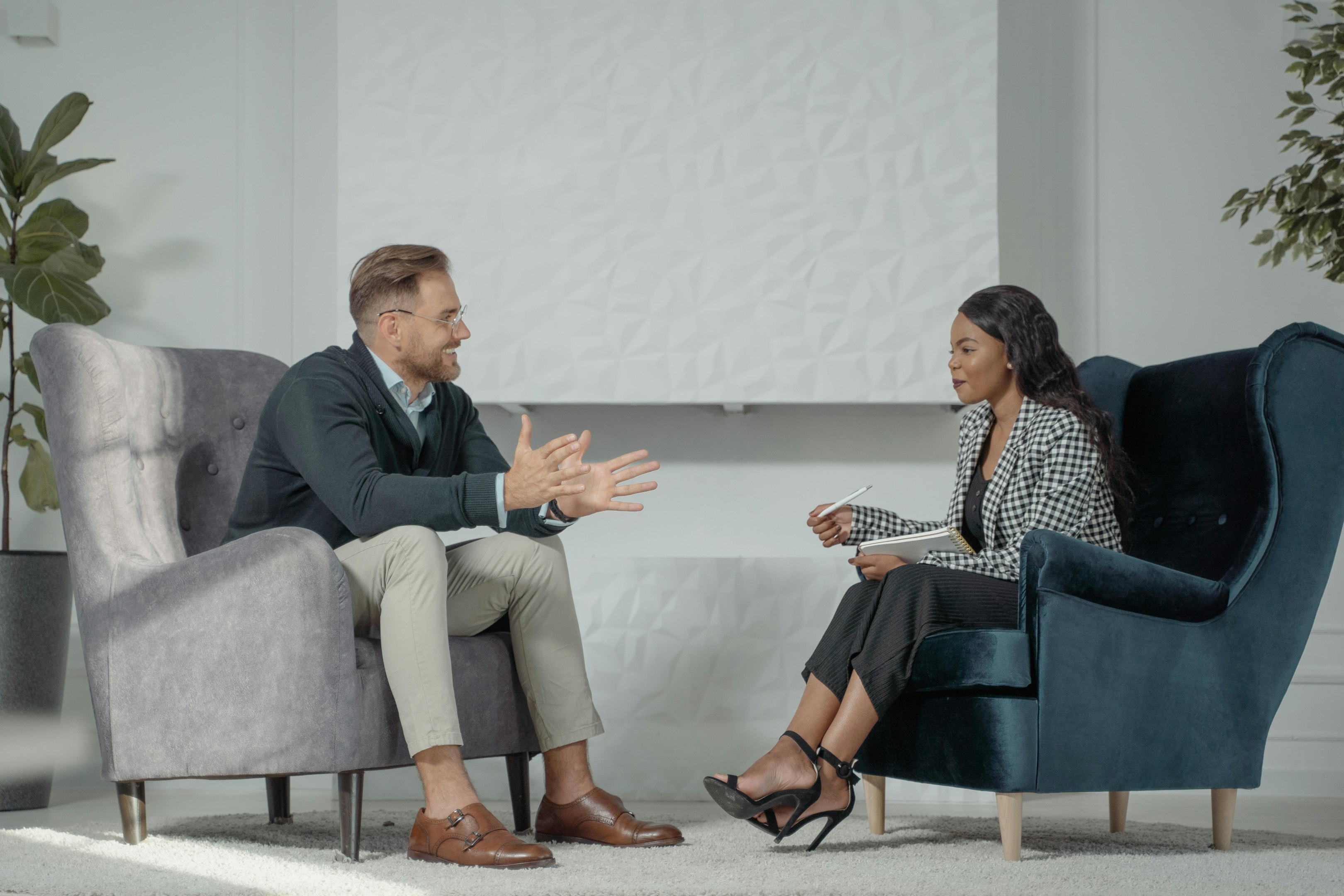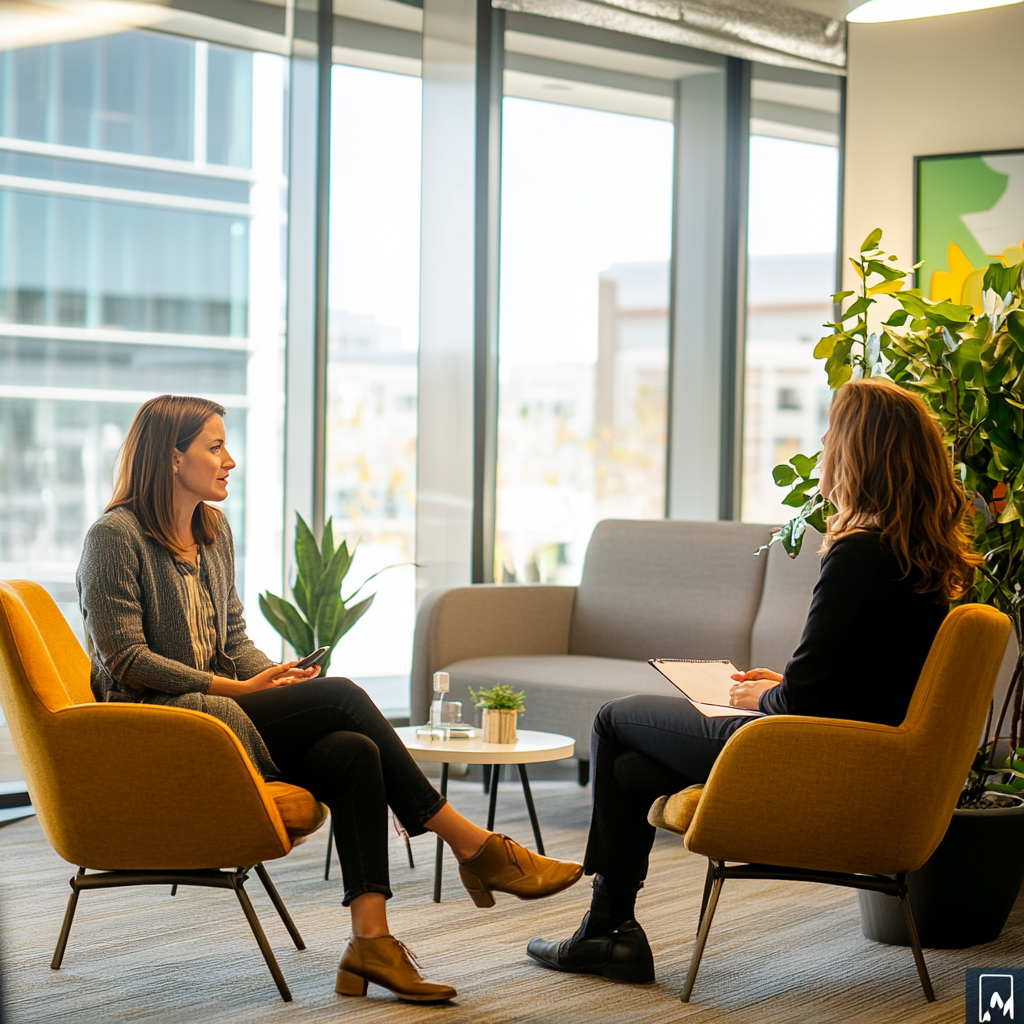What is the ideal Interview duration?

As a recruiter or hiring manager, you’ve probably experienced a job interview that went on too long. Energy drops, you start repeating yourself, and you notice the candidate is losing focus too. On the flip side, you've also likely had conversations that felt rushed — as if they ended just as they were getting started.
Getting the duration of a job interview right is crucial. It ensures you work in a focused, respectful and strategic way — towards the candidate, but also towards yourself and your team. But how long should an interview last? And does that depend on the phase or type of role?
This article provides practical timing guidelines for each phase of the hiring process. With specific timeframes, useful tips, and relatable examples to help you make every conversation count.
Why timing plays such a big role in the hiring process
Time is valuable — for both you and the candidate. A well-paced interview contributes to:
Efficiency: You ask the right questions within the available time
Experience: Candidates feel taken seriously and truly heard
Quality of assessment: You gather clear and actionable insights without information overload
How you handle time also reflects your company culture. A never-ending, unstructured interview signals chaos. A rigid, overly timed session can feel impersonal. It's all about balance.
Average duration of job interviews: what’s typical?
There’s no one-size-fits-all answer, but these general guidelines offer direction:
Phone screening (15–30 minutes)
Goal: Quickly assess if the candidate meets basic criteria
Focus: Availability, core skills, motivation
Standard job interview (45–60 minutes)
Goal: Dive deeper into experience, personality and team fit
Focus: Work history, challenges, problem-solving ability
Technical or senior interview (60–90 minutes)
Goal: Assess complex skills, leadership or vision
Focus: Cases, technical exercises, strategic thinking
When is a job interview too long?
Interviews lasting more than 90 minutes rarely offer additional value. What happens when a conversation drags on unnecessarily?
Energy drops — for you and the candidate
Repetition kicks in — without adding insight
The conversation feels unfocused — leading to uncertainty
Real-life example:
A tech hiring manager ran a technical interview lasting over two hours. Afterward, he still wasn't sure about the candidate’s communication skills. Why? The conversation was completely dominated by one long case study.
Lesson: Stay structured, keep your goal in mind, and don’t be afraid to wrap up when the peak of the conversation is reached.
Interview duration guidelines per hiring phase
Here are the most common types of interviews, with clear timeframes, goals, and suggested topics:
1. Phone screening – 15 to 20 minutes
Why short: This is a quick ‘go/no go’ moment. Long conversations here are rarely efficient.
Goal: Confirm basic qualification fit
Suggested topics:
Availability
High-level work experience
First impression of motivation
Example question: “What attracted you to this position and our company?”
2. First-round job interviews – around 45 minutes
Why medium-length: You want to dig deeper, but not cover everything yet.
Goal: Explore work history, motivation and team fit
Suggested topics:
Key career milestones
Motivations behind choices
Alignment with company culture
Example question: “Can you describe a time when you had to collaborate with someone who thinks very differently from you?”
3. Technical or task-based interviews – 60 to 90 minutes
Why longer: You'll need room for exercises or case studies.
Goal: Understand problem-solving in action
Suggested topics:
Practical challenges or tasks
Thought process and approach
Relevant tools or frameworks
Example question: “Let’s say you’re given X as a problem. How would you solve it? Walk me through your thinking.”
4. Final interviews for senior roles – 60 to 90 minutes
Why strategic: You’re assessing leadership, vision and long-term alignment
Goal: Test leadership style, strategic thinking, and values
Suggested topics:
Strategic insights
Vision for team development
Decision-making and impact
Example question: “How would you transform a team of underperformers into a high-performing unit?”
Smart time management during job interviews
Here are four best practices to help you make the most of your interview time:
1. Prepare thoroughly
Review the resume and LinkedIn profile in advance. Note down areas to explore further.
2. Use time blocks
For example: 10 minutes intro, 25 minutes main questions, 10 minutes for candidate Q&A.
3. Be flexible, but focused
Some detours are valuable — but don’t be afraid to steer back to your goals.
4. Evaluate immediately after
Reserve 5 minutes to jot down impressions before jumping into your next call.
Run conversations with impact, not by the clock.
Get started with Simply and combine structure, speed and quality in one tool.
Try Simply for free!





